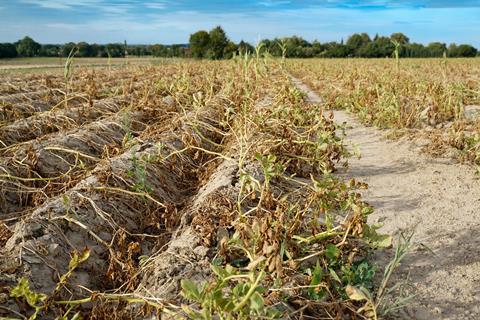
The majority of farmers report feelings of anxiety and depression in the face of drought and flooding, new research has found.
Research commissioned by the Energy & Climate Intelligence Unit and conducted by Grounded Research has revealed 92% of farmers feel anxious in extreme weather, with a third ‘very anxious’.
In addition, nearly two-thirds (60%) said they felt depressed, with 6% very depressed.
A range of concerns drove feelings of anxiety and depression among farmers, including worries about losing crops and livestock (78%), the costs of recovering from extreme weather (68%), and what to plant because the weather was too unpredictable (52%).
Overall, more than two in five farmers (43%) were worried they wouldn’t make enough money to continue farming during periods of extreme weather.
“Last year, I genuinely didn’t know how we were going to make it through as a business,” said Colin Chappell, an arable farmer from North Lincolnshire. ”I thought the farm might go under. It was incredibly tough.”
This comes as virtually all farmers (98%) have faced extreme weather events in the past five years, with extreme rainfall (86%), drought (78%) and heatwaves (54%) the most common.
Read more: Carrot and meat shortages loom as drought-induced costs soar
“Extreme weather is having a major impact on farming in the Yorkshire Dales,” said Joanne Coates, beef farmer from the Yorkshire Dales. “Traditionally, this was an area of short summers and long, cold winters, but that reliable pattern has gone.
“Across the Dales, you can hear people remarking on there being ‘less of something’ than they would usually expect, or that certain events are happening earlier or later in the year.”
The research also found the majority of farmers are apprehensive about the future and over half of farmers (55%) agreed that extreme weather linked to climate change was having a negative impact on food production, and that addressing this risk was the priority for the UK’s food security.
“Farmers are going to need greater support in many ways as they find themselves increasingly on the climate change frontline,” said John Whitby MP, Derbyshire Dales. “Green farming schemes can help to improve soils and make them more resilient to extremes, but unless we get to net zero – meaning we stop adding emissions to the atmosphere – all of these floods and heatwaves will only get worse.”







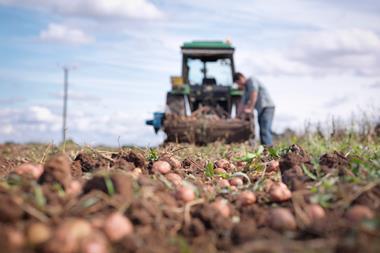
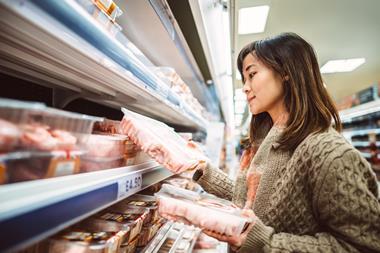


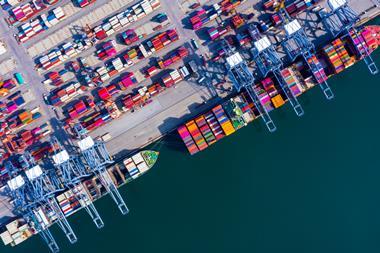
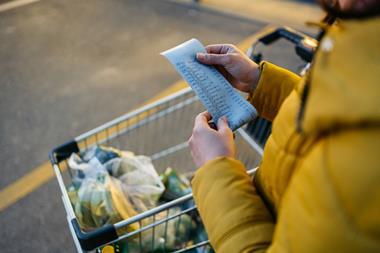






No comments yet